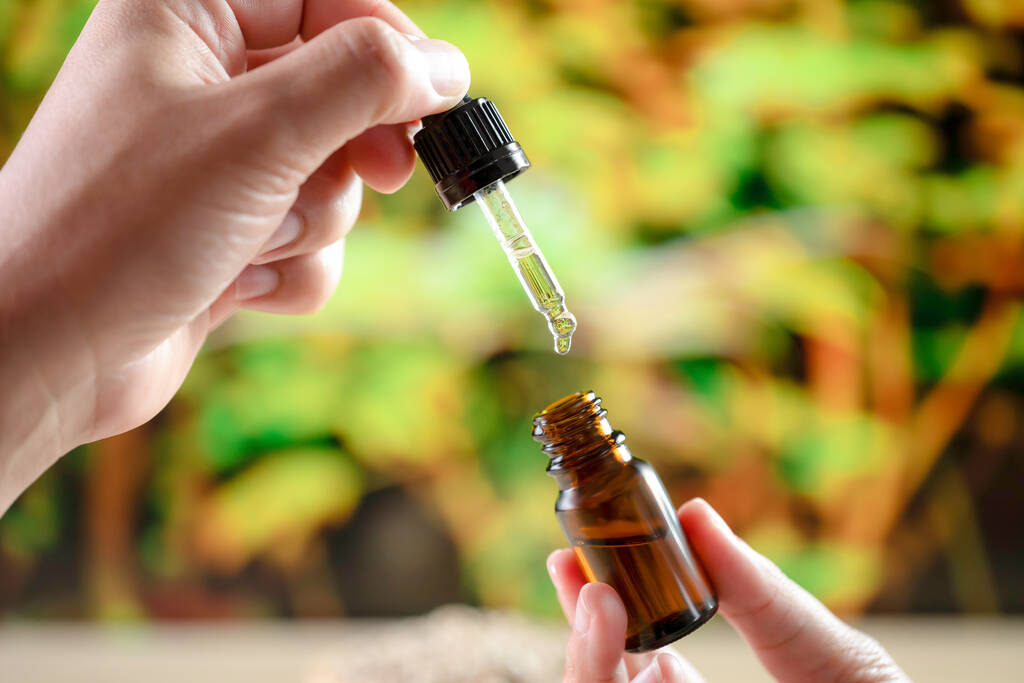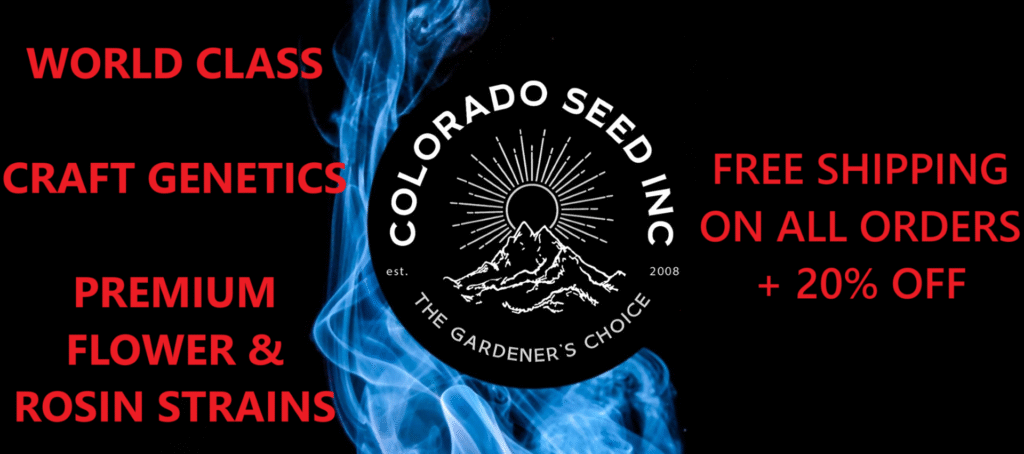A new study from Texas A&M University has found that two-thirds of CBD tinctures sold online in the United States are inaccurately labeled.

Researchers tested 18 tinctures marketed as either full-spectrum or broad-spectrum CBD and discovered that two-thirds—12 of the 18—had CBD levels that deviated by more than 10% from what was stated on the label. The study was published in the journal Cannabis and Cannabinoid Research.
The team used reverse-phase high-performance liquid chromatography to analyze the samples. While no significant link was found between a product’s price and its label accuracy, the researchers did find a statistically significant difference in labeling accuracy between full-spectrum and broad-spectrum tinctures. Broad-spectrum products were more likely to match their labeled CBD concentrations.
Notably, none of the broad-spectrum tinctures contained Δ8-THC, and only two included trace amounts of Δ9-THC. In contrast, all full-spectrum tinctures tested contained both Δ8-THC and Δ9-THC, though all remained under the federal legal limit of 0.3% THC by dry weight.
The authors conclude that inconsistent labeling remains a public health issue and call on the U.S. Food and Drug Administration to implement clear labeling regulations for cannabinoid products.








